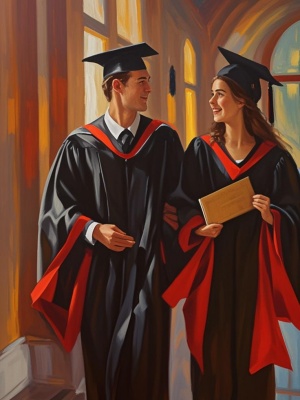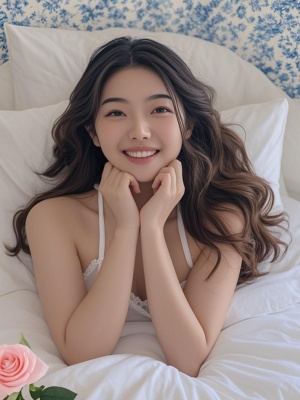The Art of Oil Painting Portraits: A Timeless Tradition
Oil painting portraits have been a cornerstone of artistic expression for centuries, capturing the essence of human emotion and personality with unparalleled depth. From Renaissance masters to contemporary artists, the medium continues to fascinate both creators and collectors. This article explores the rich tradition of oil portrait painting, offering insights into techniques, challenges, and modern innovations.
The Enduring Appeal of Oil Portrait Painting
What makes oil painting portraits so special? The medium's unique properties allow for:
- Rich, luminous colors that maintain their vibrancy for centuries
- Blendable textures that create smooth skin tones and realistic details
- Long working time compared to other painting mediums
- The ability to layer and glaze for incredible depth
For those interested in seeing modern interpretations of portrait art, visit our gallery page featuring contemporary portrait styles.
Essential Techniques for Oil Portrait Painting
Underpainting Methods
The foundation of any great oil painting portrait begins with proper underpainting. Artists typically choose between:
- Grisaille (monochromatic underpainting)
- Verdaccio (greenish-gray underpainting)
- Imprimatura (toned ground)

Color Mixing for Skin Tones
Creating realistic flesh tones requires understanding color temperature and value. Professional portrait artists often use limited palettes of:
- Titanium White
- Yellow Ochre
- Cadmium Red
- Burnt Umber
- Ultramarine Blue
For more technical painting guidance, check our AI painting guide which covers digital and traditional techniques.
Common Challenges in Oil Portrait Painting
Even experienced artists face obstacles when creating oil painting portraits. Here's a problem-solution matrix:
| Problem | Solution |
|---|---|
| Muddy colors | Limit palette, clean brushes between mixes |
| Overworked surface | Plan layers, allow proper drying time |
| Unconvincing likeness | Focus on proportions, use measurement techniques |
| Dull skin tones | Incorporate subtle color variations and glazes |
The Evolution of Portrait Painting in the Digital Age
Modern technology has introduced new possibilities for oil painting portraits. Many artists now:
- Use digital references and projectors for initial sketches
- Combine traditional techniques with AI-assisted tools
- Create hybrid works that begin digitally and finish with physical paint
For those interested in digital portrait transformations, explore our portrait to art conversion services.

Preserving Your Oil Painting Portraits
Proper care ensures your oil painting portraits last for generations. Key preservation tips include:
- Display away from direct sunlight
- Maintain stable temperature and humidity
- Clean gently with soft brushes
- Varnish with appropriate conservation materials
According to the National Gallery, properly cared for oil paintings can maintain their beauty for over 500 years.
Conclusion: The Timeless Value of Oil Portrait Painting
Oil painting portraits remain one of the most powerful ways to capture human essence and create lasting artistic legacies. Whether created through traditional methods or with modern technological assistance, these works continue to fascinate artists and audiences alike. For those inspired to create their own portraits, remember that mastery comes with practice and patience - every stroke brings you closer to capturing the soul of your subject.
To explore more about portrait art techniques and history, visit the Metropolitan Museum of Art online collection featuring master portrait works.